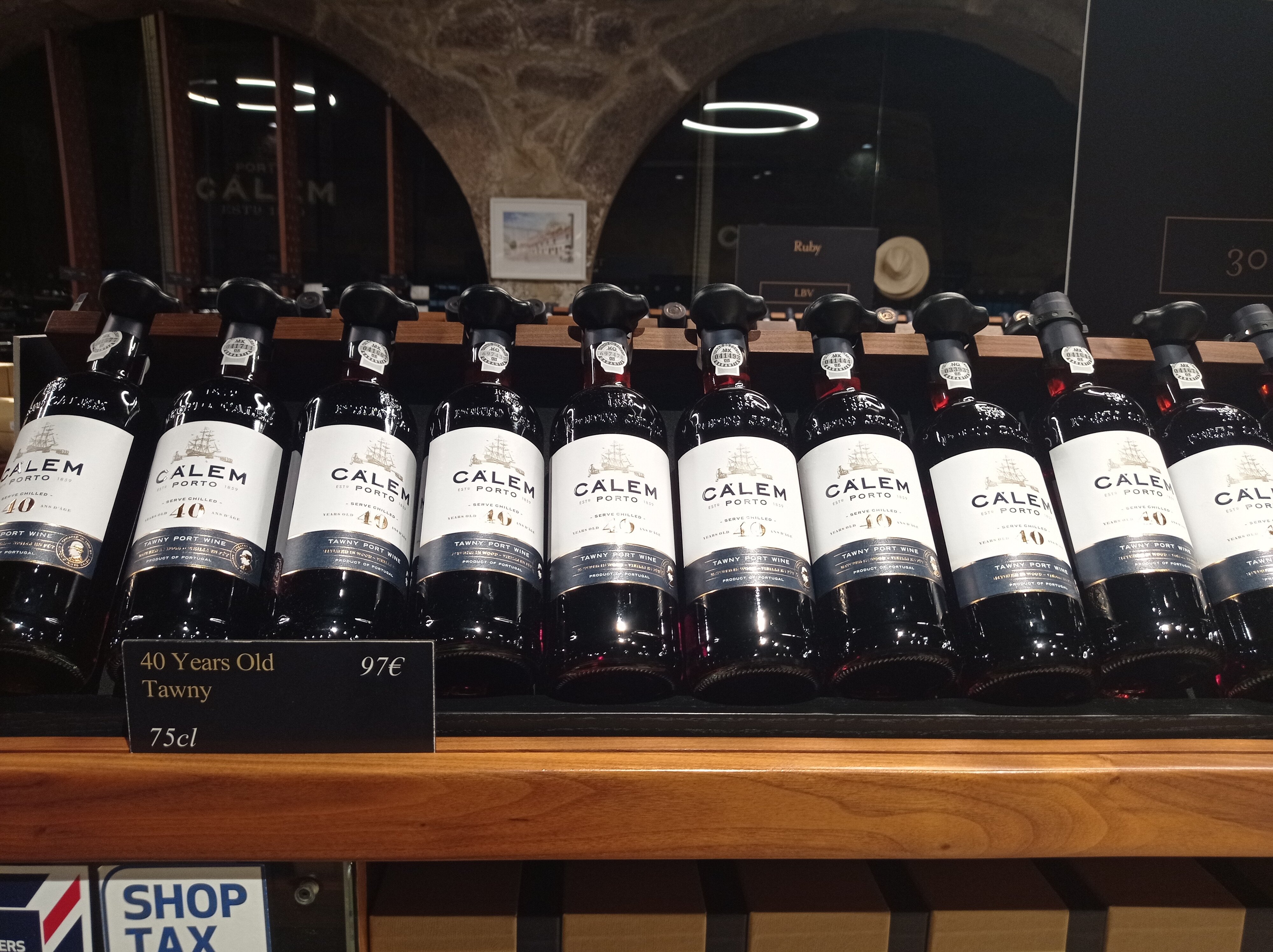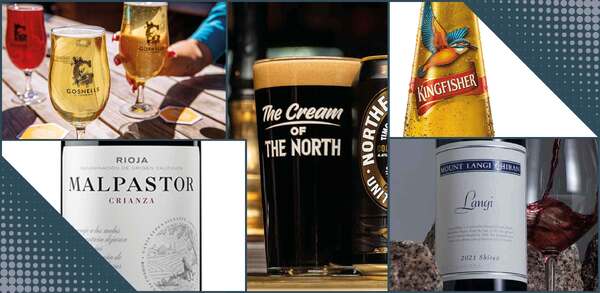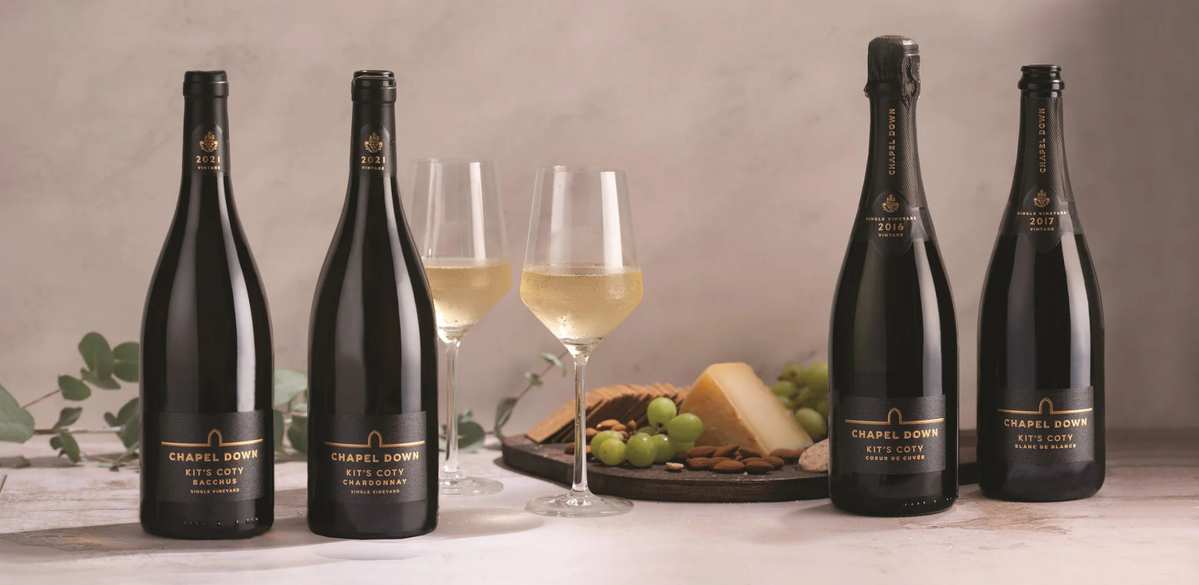Changes to fortified wine duty will have ‘crippling’ effect, drinks body warns
The Wine and Spirit Trade Association’s (WSTA) chief executive has warned of the “crippling” effect the introduction of a new alcohol taxation system will have on the fortified wine sector.
Miles Beale made the comment on the 650th anniversary of the Anglo-Portuguese Treaty which gave preferential tax treatment for British textiles and Portuguese wines.
The chancellor, Jeremy Hunt, announced the freeze to alcohol duty will end on 1 August.
Under the new changes, which will broadly tax alcohol according to strength, still wine is set to see at least a 9% duty rise, while fortified wine is set to see a 20% duty rise. In effect, this means that duty on a bottle of still wine will go up by 44p, and the duty for fortified wines, such as port, will increase by up to £1.50 a bottle.
Unlike still wine, which is being given 18 months’ breathing space before being taxed, the changes will impact the fortified wine sector from August.
Beale said: “Port and sherry producers and importers are incredibly concerned over these crippling and unnecessary tax hikes, which could see some SMEs go out of business.”
He added the taxation will “damage British business, especially those in the hospitality supply chain, who are still trying to recover from the pandemic”. He called on the government to offer the same 18-month easement period given to still wine to ensure a manageable transition to the new duty system to avoid job losses and overnight price hikes.
The duty hikes mean port and sherry traders will see a £20 million increase, despite fortified wines making up 3% of the total wine trade value share of the UK market, which is currently worth around £300m.
While wine ABV can be as low as 5.5%, the fortified wine sector is bound by strict ABV classifications and cannot opt to produce lower-strength alternatives. Under EU legislation, a fortified wine contains 15-22% ABV.
Steve Moody, executive chairman of Fells, a fine wine importer said: “A shock price hike like this will drive a coach and horses through these fragile supply chains. At the very least, port and other fortified wines should receive the same easement period the chancellor has given to other wines that are made from fresh grapes."
Image: Shutterstock/Peckpits



















